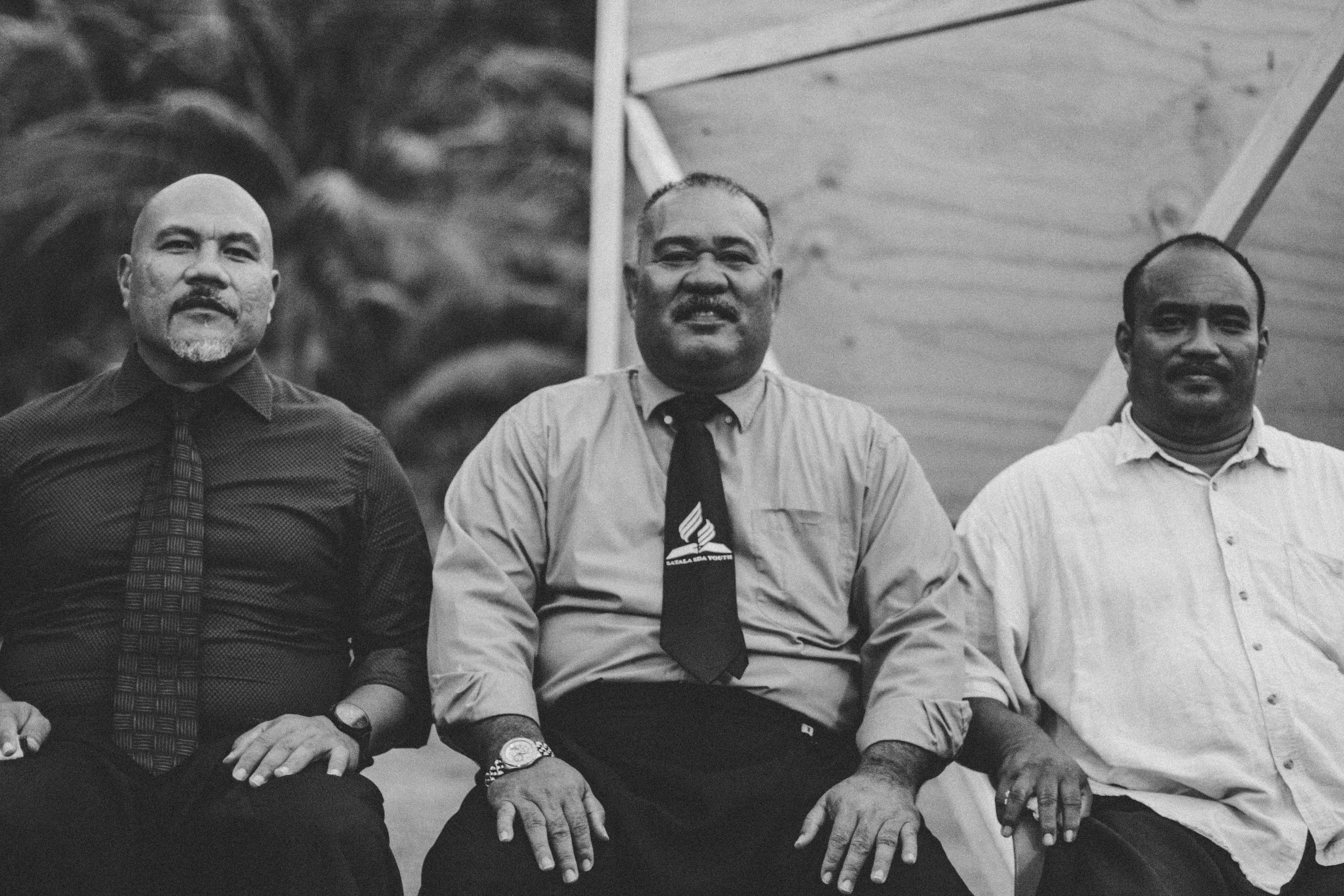How To Grieve The Apology You May Never Get
If your parent has made it clear they are not going to apologize: here are some ways to begin the grieving process.
You’re reading this because you attempted to secure an apology from your parent and they were incapable, unwilling, or unable to give you that apology.

You did all the right things. You explained your feelings. You walked them through what you remember. You learned to communicate respectfully and likely agonized over different ways to present this information. You are confident in your experience and need an apology to move forward.
And Now You Realize That Apology Isn’t Going To Happen.
Your parent has shown you time and time again they are not going to wake up tomorrow and say. “I love you. I want to work on our relationship. I’m sorry.” You know you need to accept this and are unsure where to begin.
If this is you, it’s time to grieve the apology you’re never going to get.
It’s time to accept that (right now, in this moment) your parent cannot say those words. They cannot admit what they did. They are not going to read that book you sent them. They’re not going to have this miraculous change of heart. They’re not going to listen to a therapist. They’re not going to be the parent you want them to be.
This is an insanely difficult thing to accept, and accepting it might feel like giving up or giving in. But accepting it is the only way you move forward and release the control that this has over you.
When You Accept Your Parent Isn’t Going To Apologize
- You get back all the time you’ve spent trying to convince them and defend yourself
- You can focus on healing yourself and moving forward
- You can release the grip they have on your present and your past and start working on your future
- You can spend time with people who understand you
- You can create a relationship with them that makes sense or not have a relationship

The Apology Isn’t Coming, Can We Still Have A Relationship?
There is no right answer to this question. Some adults are able to move forward and have a relationship with their parent without an apology. This is usually because the parent has somewhat or entirely changed their behavior, there are boundaries in place, or they have identified a way to have a limited relationship. If you’re asking yourself this question, our Relationship Checklist: Can You Have A Relationship With Your Parent If They Don't Apologize? will help you navigate this dilemma and give you some clarity.
How To Grieve The Apology You May Never Get
If your parent has made it clear they are not going to apologize, or you’re just tired of fighting for understanding and validation, here are some ways to begin the grieving process.
- Abandon the fantasy. For many adult children, there comes a time when they have to abandon the fantasy of the relationship they wish they had with their parents and accept the one that they do have. Try being really honest with yourself about the reality of the relationship with your parent. How do they consistently behave? What does it typically feel like when spending time with them? How do they respond to your boundaries? Healing can begin when you release the fantasy of who you wish they were and accept who they are. That healing might be finally grieving the reality that you didn’t get what you deserved as a child. It might mean having a relationship with your parent based on who they are now. It might mean setting boundaries and taking space. It might mean waking away completely.
- Remind yourself that you are an adult; some separation may keep you safe. Not all parents who will not apologize need to be cut off completely. You may decide to become estranged, have low contact, or have a limited relationship that feels right for you. And it’s important to remember that you are an adult child with power and agency. When a parent can no longer neglect, abuse, or interfere in adulthood, the adult child has the space to begin healing. Your childhood was hard, and it’s over now. If your parent could not care for you; now you can care for yourself. You were helpless as a child, and now you have options.
- Practice radical acceptance daily. At the beginning of your grief journey, you will have thoughts about what you could have said or done differently. You may try to revisit old conversations or put yourself in situations you know are not actually good for you. Each day, try to practice radical acceptance of what is. Ask yourself: has anything changed since I made this decision? What is different today, and what is the same as yesterday? What do I know to be true about this relationship?
- Release the pressure to be the one who saves this relationship. You are always responsible for how you behave when repairing this dynamic. You should strive to be compassionate, honest, kind, and respectful in your communication. And that will only take you so far. You alone cannot save this relationship or make it healthy. Everyone must participate.
It Doesn’t Have To Be Forever If You Don’t Want It To Be
It’s so important to note that things are always changing and evolving. People grow and realize what they need to do differently every day. This apology isn’t coming today, and it may happen in the future. If it feels authentic for you to say, “This relationship is over, and I will never have this person in my life again,” I understand that. And, some of you may need to live in the moment and think, “I will be ready to talk when they come around and realize the issues between us.” Whatever feels the most appropriate for you is the best way to frame this issue.